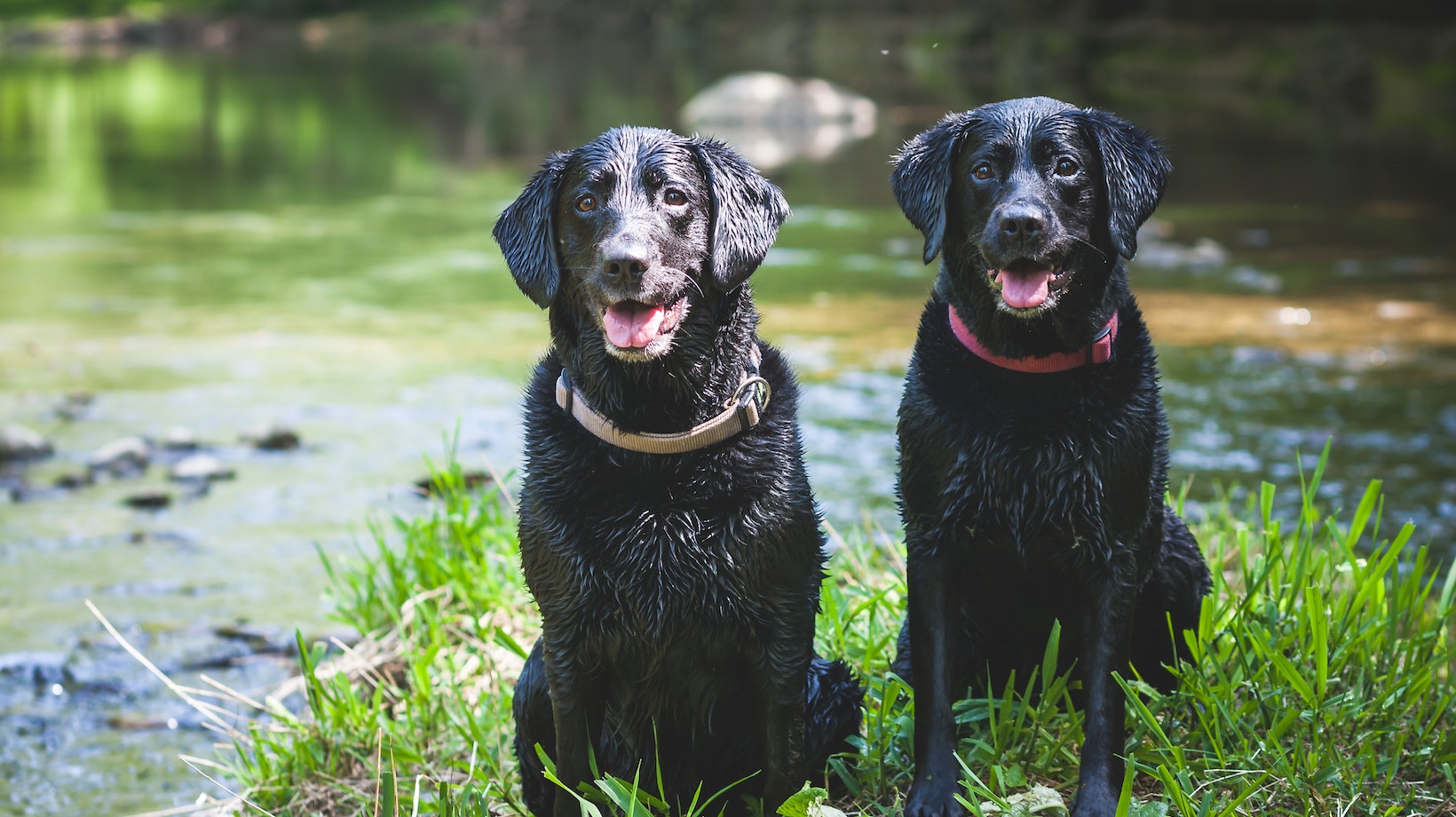How To Get Your Dog To Stop Licking
Excessive licking in dogs can be a concerning behavior that may indicate underlying issues. In this section, we’ll explore some common causes of excessive licking and help you understand why your furry friend might be engaging in this behavior.
Medical Conditions That Cause Excessive Licking
- Allergies: Dogs can develop allergies to certain foods, environmental factors like pollen or dust mites, or even flea bites. Itchy skin caused by allergies often leads to excessive licking.
- Pain or discomfort: If your dog is experiencing pain or discomfort due to skin infections, arthritis, dental problems, or other health issues, they may resort to constant licking as a way to alleviate their discomfort.
- Gastrointestinal disorders: Dogs with gastrointestinal problems such as acid reflux or inflammatory bowel disease may lick excessively due to stomach discomfort.
Environmental Factors That Trigger Excessive Licking
- Boredom and anxiety: Dogs who are bored or anxious may resort to obsessive behaviors like constant licking as a way to cope with their emotions.
- Dry skin: Low humidity levels during winter months can lead to dry and itchy skin for both humans and dogs alike. Your dog may lick excessively in an attempt to alleviate the itchiness caused by dryness.
- Irritants and chemical exposure: Exposure to irritants such as cleaning products, pesticides, or even certain grooming products can cause irritation on your dog’s skin, leading them to excessively lick those areas.
Understanding these environmental triggers can help you address the root cause behind your dog’s excessive licking behavior effectively.
Behavioral Issues And Excessive Licking
In some cases, behavioral issues can contribute to excessive licking in dogs:
- Obsessive-compulsive disorder (OCD): Dogs, like humans, can develop OCD-like behaviors that manifest as repetitive actions such as excessive licking. This may be due to genetic predisposition or triggered by stress.
- Attention-seeking behavior: If your dog has learned that excessive licking gets a positive response from you, they may engage in this behavior to seek attention or affection.
It’s crucial to identify any potential underlying behavioral issues contributing to your dog’s excessive licking and work with a professional trainer or behaviorist if necessary.

Exploring Natural Remedies And Deterrents
- Identify the underlying cause: Before attempting any remedies, it’s crucial to determine why your dog is licking excessively. Is it due to boredom, allergies, stress, or simply a habit? Consulting with a veterinarian will provide valuable insights into the root cause of the issue.
- Provide mental and physical stimulation: Many dogs lick out of boredom or excess energy. Ensuring that your pup receives enough exercise and mental stimulation throughout the day can help redirect their focus away from incessant licking. Engage them in interactive play sessions, introduce puzzle toys, or consider enrolling them in obedience classes.
- Use bitter-tasting deterrents: Dogs often dislike certain tastes, which can deter them from licking certain areas. Bitter apple spray or other pet-safe bitter-tasting products can be applied topically on objects or body parts that your dog tends to lick excessively. Always follow product instructions carefully and consult with your vet before using any new products.
- Keep their environment clean: Allergens present in the environment may trigger excessive licking in some dogs. Regularly clean your home and wash bedding using hypoallergenic detergents to reduce potential irritants that could contribute to their urge to lick.
- Emphasize positive reinforcement training: Training techniques based on positive reinforcement can help redirect your dog’s attention away from licking behaviors towards more desirable actions. Rewarding good behavior with treats, praise, or playtime will encourage them to engage in alternative activities instead of licking.
- Consider natural remedies: Some natural remedies may help soothe your dog’s skin and reduce the urge to lick. Aloe vera gel, coconut oil, or oatmeal baths can have a calming effect on irritated skin. However, always consult with your veterinarian before introducing any new products or treatments.
Remember, every dog is unique, and what works for one might not work for another. It’s essential to be patient and consistent in addressing your dog’s licking behavior. If the problem persists despite your best efforts, consult with a professional trainer or behaviorist who can provide tailored guidance based on your dog’s specific needs.
By implementing these natural remedies and deterrents, you’ll be well on your way to helping your beloved canine companion overcome their excessive licking habit and enjoy a happier, healthier life.